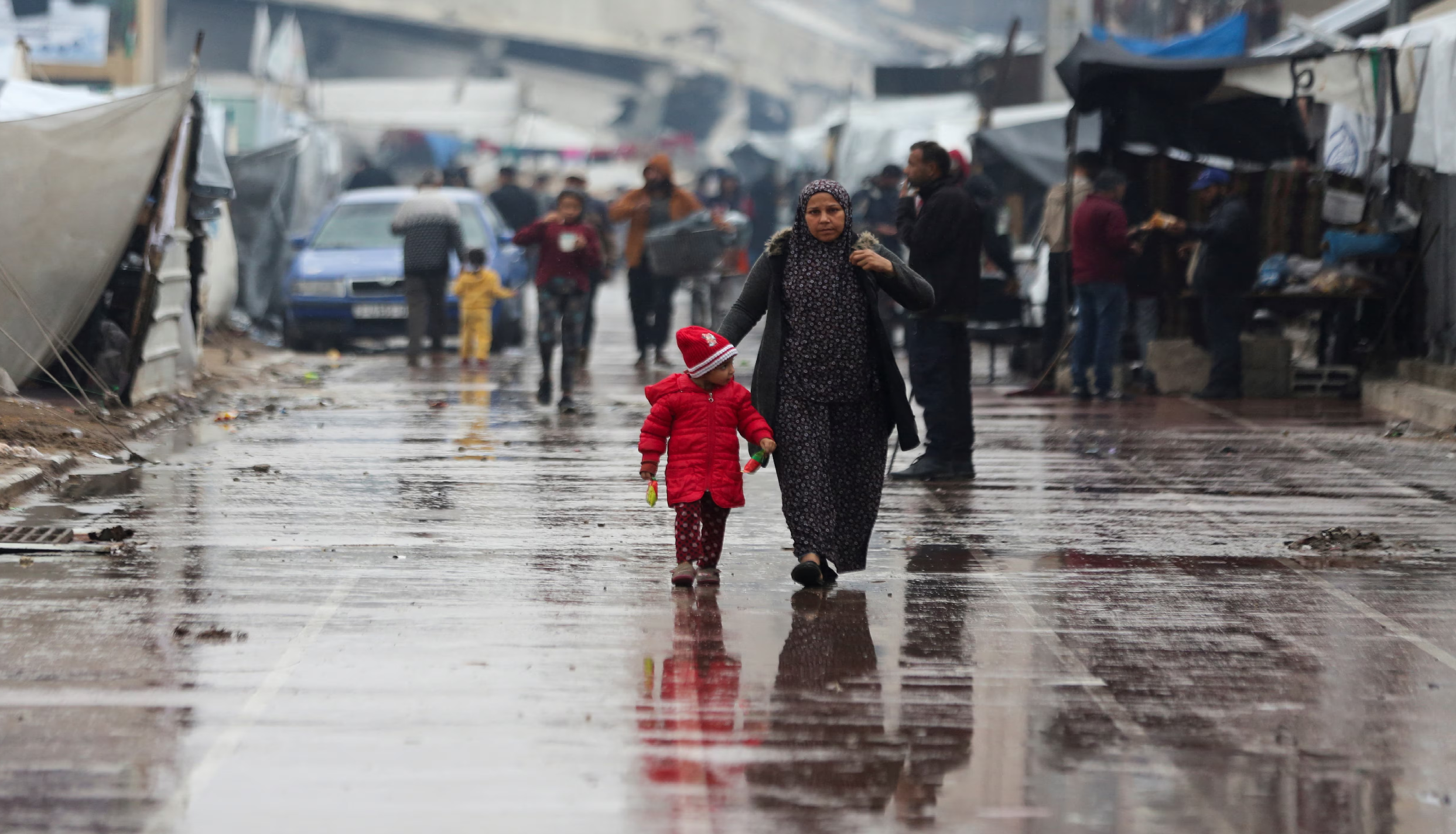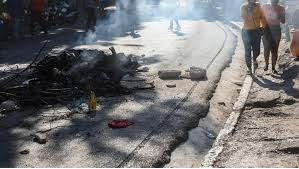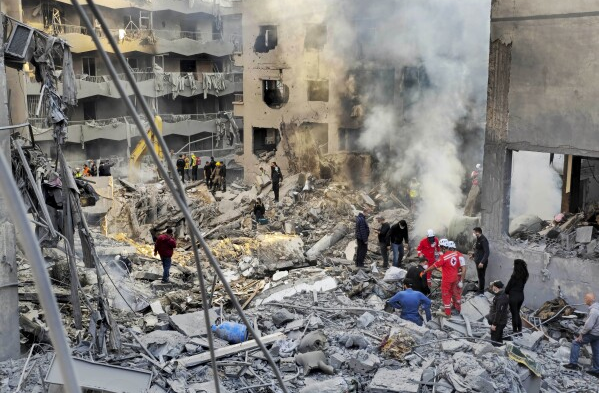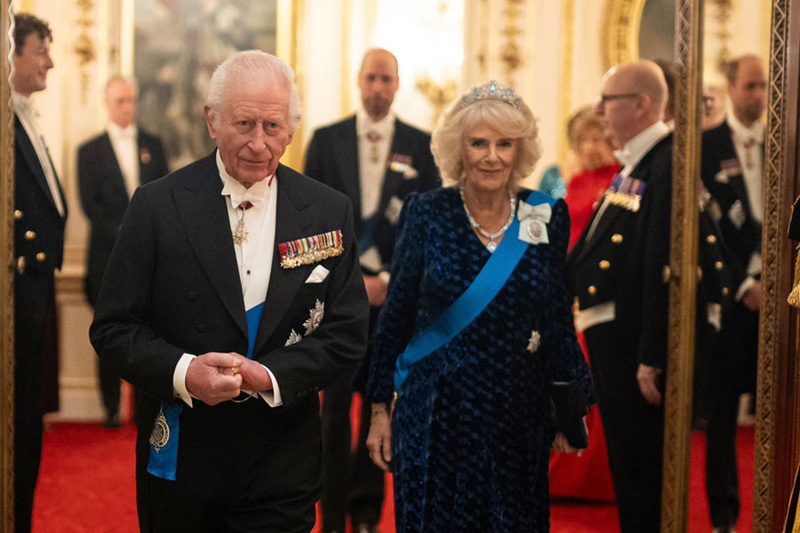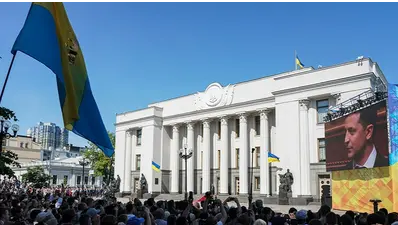
Putin's power questioned after exiled mercenary leader's revolt
Moscow: The greatest challenge to Russian President Vladimir Putin in his more than two decades in power fizzled out after the rebellious mercenary commander who ordered his troops to march on Moscow abruptly reached a deal with the Kremlin to go into exile and sounded the retreat.
The brief revolt, though, exposed vulnerabilities among Russian government forces, with Wagner Group soldiers under the command of Yevgeny Prigozhin able to move unimpeded into the Russian city of Rostov-on-Don and advance hundreds of kilometres toward Moscow.
The Russian military scrambled to defend Russia's capital. Under the deal announced Saturday by Kremlin spokesman Dmitry Peskov, Prigozhin will go to neighbouring Belarus, which has supported Russia's invasion of Ukraine.
Charges against him of mounting an armed rebellion will be dropped. The government also said it would not prosecute Wagner fighters who took part, while those who did not join in were to be offered contracts by the Defence Ministry.
Prigozhin ordered his troops back to their field camps in Ukraine, where they have been fighting alongside Russian regular soldiers. By Sunday morning there were still no reports of Prigozhin arriving in Belarus.
Many other questions remained unanswered, including whether Prigozhin would be joined in exile by any of Wagner's troops and what role, if any, he might have there. Prigozhin, who sent out a series of audio and video updates during his revolt, has gone silent since the Kremlin announced that the deal had been brokered for him to end his march and leave Russia.
Video posted on Russian messaging app channels from Rostov-on-Don showed people cheering Wagner troops as they departed. Some ran to shake hands with Prigozhin, who was riding in an SUV. The regional governor later said that all of the troops had left the city.
Putin had vowed earlier to punish those behind the armed uprising led by his onetime protege. In a televised speech to the nation, he called the rebellion a “betrayal” and “treason.”
In allowing Prigozhin and his forces to go free, Peskov said, Putin's “highest goal” was “to avoid bloodshed and internal confrontation with unpredictable results.”
The risk for Putin is whether he will be seen as weak, analysts said. “Putin has been diminished for all time by this affair,” former US Ambassador to Ukraine John Herbst said on CNN.
Early Saturday, Prigozhin's private army appeared to control the military headquarters in Rostov-on-Don, a city 660 miles (over 1,000 kilometres) south of Moscow, which runs Russian operations in Ukraine, Britain's Ministry of Defence said. (AP)
 English daily published in Bengaluru & Doha
English daily published in Bengaluru & Doha

